In observance of the king's birthday, Post Office campaigner Alan Bates was knighted for his part in bringing to light the Horizon IT disaster, which stands as one of the biggest legal mistakes in British history.
Accepting the honor "on behalf of the group" of branch operators and the "horrendous things that had happened to them," the former post office operator and founder of the Justice for Sub-postmasters Alliance said.
Between 1999 and 2015, more than 700 post office branch managers were wrongly handed criminal convictions after faulty Horizon accounting software made it appear as though money was missing from their outlets.
Bates’ tireless campaign, highlighted in the ITV drama Mr Bates vs the Post Office, led to the mass quashing of hundreds of convictions.
Reacting to the honour, Bates said he hoped it would be “another string to my bow to help me go forward and get some finality for people”.
Others recognised are the artist Tracey Emin, who is made a dame, and the political satirist Armando Iannucci, who receives a CBE. The actor Imelda Staunton also becomes a dame and the cyclist Mark Cavendish is knighted.
The former Labour prime minister Gordon Brown receives the highest award of companion of honour for his public service.
Bates, of Llandudno, north Wales, had previously rejected an OBE while the former Post Office boss Paula Vennells still held her CBE. She agreed to relinquish it after public outcry after the TV drama aired.
Bates said he learned of his knighthood while watching Vennells at the Post Office inquiry. He said it “came out of the blue”.
Campaigning had been “a hard slog over many years”, he said. Of the award, he said: “I know I’m the recipient of it and all the rest of it, but it’s on behalf of the group as well – and recognition of the horrendous things that have happened to them and the story’s not over yet.”
Iannucci, whose many credits include the hugely successful Westminster sitcom The Thick of It, said he was proud to work in the British television and film industry. “It’s the best in the world, yet weirdly I’ve been spending more and more of my energy defending our public service television from attacks on its independence and funding. I’ll take this award as a cue to keep going,” he said.
Membership of the order of the companions of honour is limited to 65 people. Brown said: “I feel slightly embarrassed as the opportunity to serve is an honour in itself and my preference has always been to recognise all those brilliant, unsung, local heroes who quietly and selflessly give their time to contribute to the vitality of our communities.”
Dame Jenny Abramsky, the former BBC head of audio and music, is elevated to dame grand cross. The retired judge Terence Etherton, a former master of the rolls and chair of the veterans independent review on the impact of the pre-2000 ban on homosexuality in the armed forces, becomes a knight grand cross for services to LGBT veterans.
Etherton, who is also a life peer, said: “The granting of the honour to me reflects the importance that the government has attached to this review, which highlights everything that has been suffered by this cohort of veterans.”
Dr Niall Ferguson, the historian and author, who is knighted, said he had “striven to reach the widest possible audience, for history is too civically important an enterprise to be confined to ivory towers”.
In sport, the former cyclist Chris Boardman and the former Liverpool midfielder Graeme Souness are made CBEs, while the former England footballer Karen Carney is made an OBE, as is the former England cricketer Katherine Sciver-Brunt.
The golfer Sandy Lyle and the former footballer turned TV pundit Ally McCoist become OBEs. Doris “Anita” Neil, Britain’s first black female Olympian when she competed in 1968, is made an MBE for services to athletics. Another golfer, Stephen Gallacher, also receives an MBE.
The fashion accessories designer Anya Hindmarch is made a dame. There is an OBE for Lulu Lytle, the interior designer famously employed by Boris Johnson and wife, Carrie, to decorate their Downing Street home.
The Olivier-winning stage and screen actor Alex Jennings, who appeared in the Netflix series The Crown, is made a CBE. The actor Shobna Gulati, of Coronation Street and Dinner Ladies fame, is made an MBE.
The Duran Duran singer Simon Le Bon said he was “beyond thrilled and surprised” at his MBE, which he hoped would raise awareness of charities he has campaigned for, including the Blue Marine Foundation and Centrepoint.
The singer Rebecca Ferguson gets an MBE, as does the Boney M star Liz Mitchell, who said it “feels like a message from above” as her late father, Norman Mitchell, part of the Windrush generation, was “so proud” of becoming an MBE in 2014 for his charitable work.
Strictly Come Dancing’s Amy Dowden, diagnosed with Crohn’s disease aged 19, said her MBE was “beyond my wildest dreams”. “I accept it on behalf of all those who live with Crohn’s disease, and will continue campaigning to raise awareness for and research into this terrible chronic illness,” she said.
Independently of the Downing Street awards, the king can bestow honours for services to the royal household and has honoured his top medical team who oversaw his treatment for cancer. Dr Michael Dixon, the head of the Royal Medical Household, and an advocate of complementary therapies alongside conventional medicine, is made a commander of the Royal Victorian Order (CVO). Charles’s GP, Dr Fiona Butler, otherwise known as the apothecary to the king, is made a lieutenant of the Royal Victorian Order (LVO). There is an LVO for Michael Dooley for his role as Camilla’s physician.
Meanwhile, representatives from two financial investment firms have been recognised for their personal services to the late Queen Elizabeth II. Nicholas Osler, a partner in private client tax services at Smith and Williamson, is made an LVO, as is Richard Fitzalan Howard, a senior adviser at Stonehage Fleming Investment Management.
Of the 1,077 people honoured in the 2024 list, 509 are women – 48% of the total – and 10% of all successful candidates were from a minority ethnic background. At CBE level and above, 40% of recipients were women.
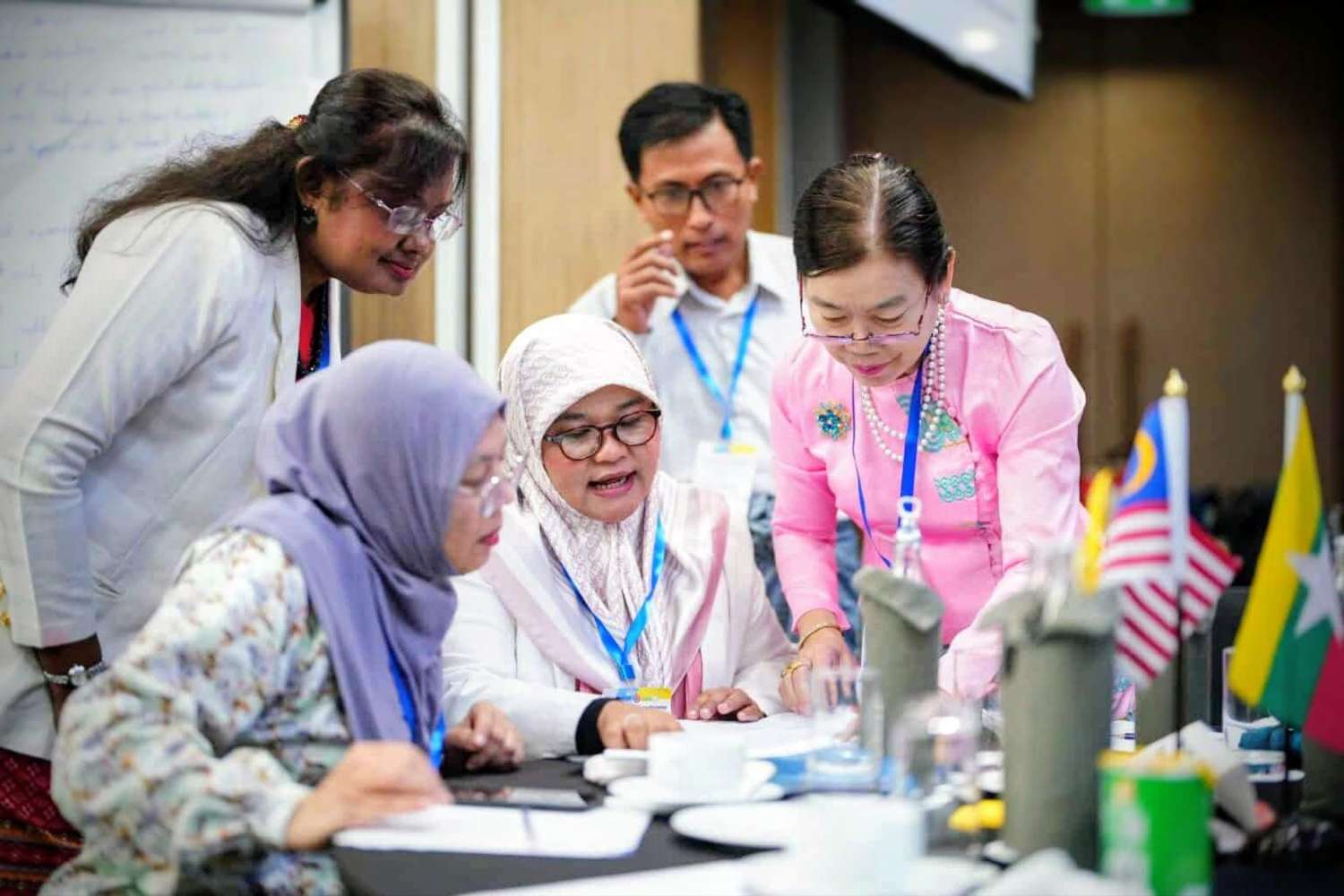
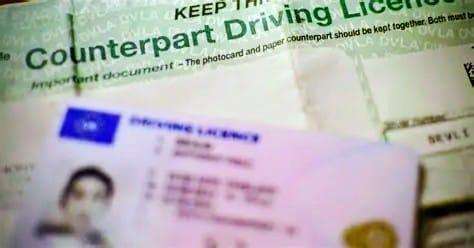
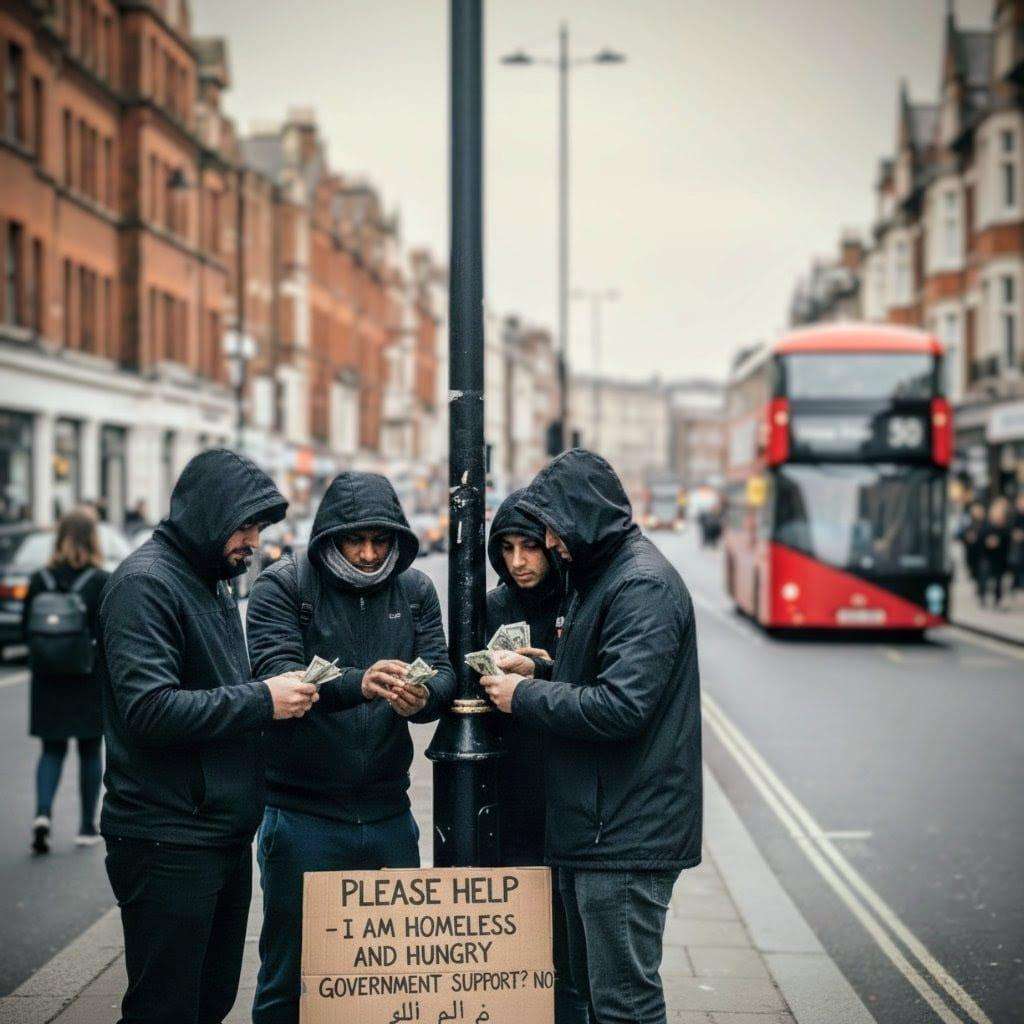
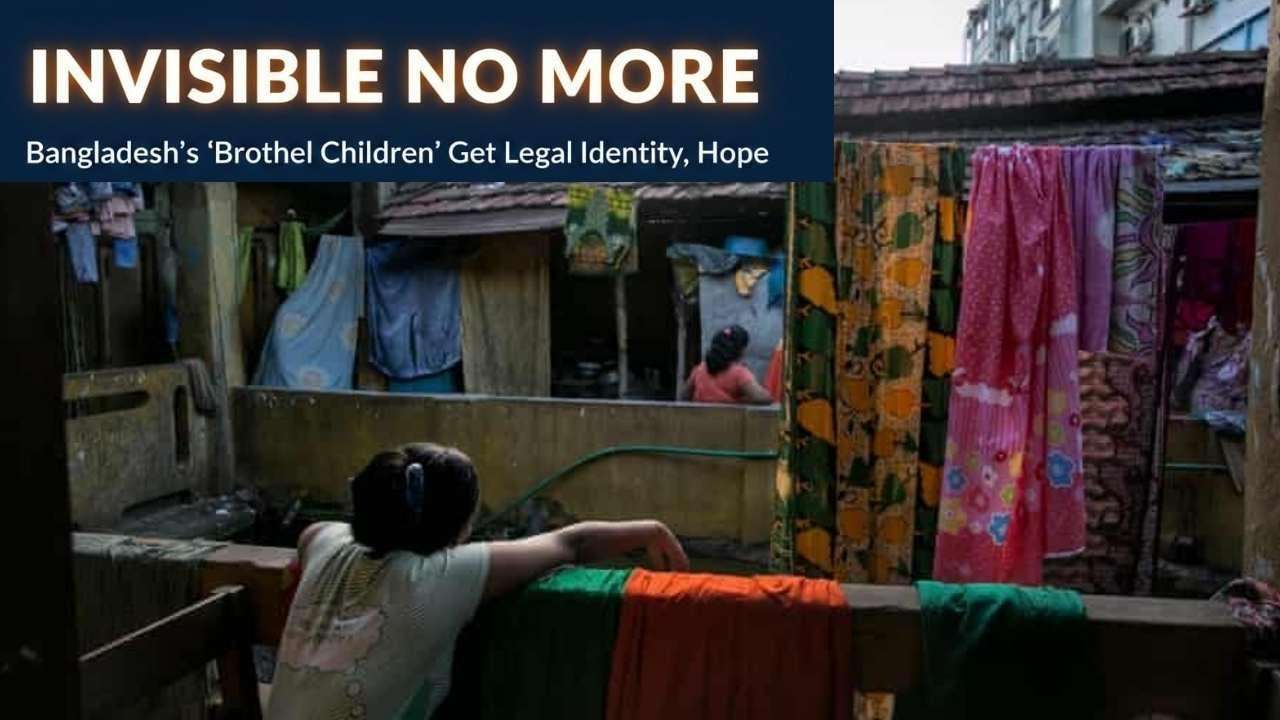
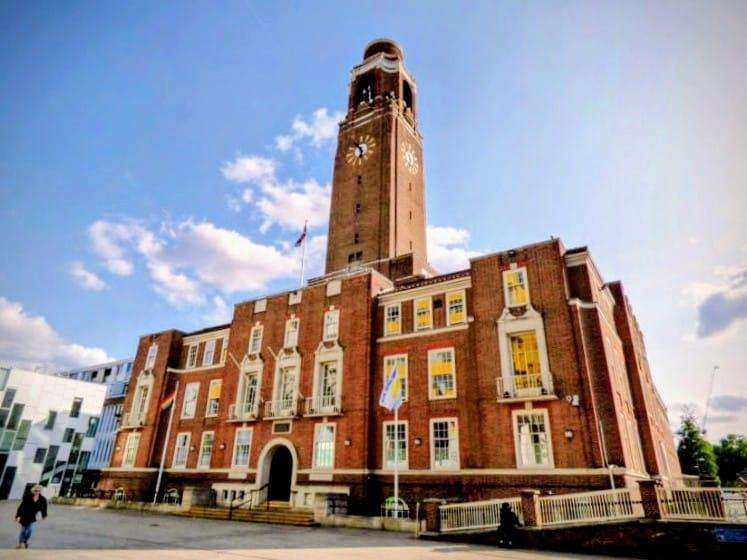


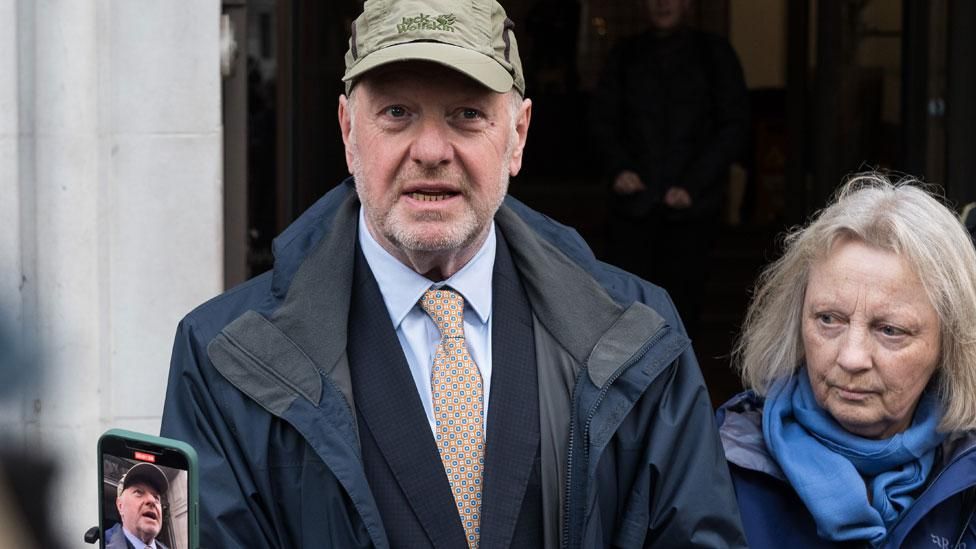
.svg)



